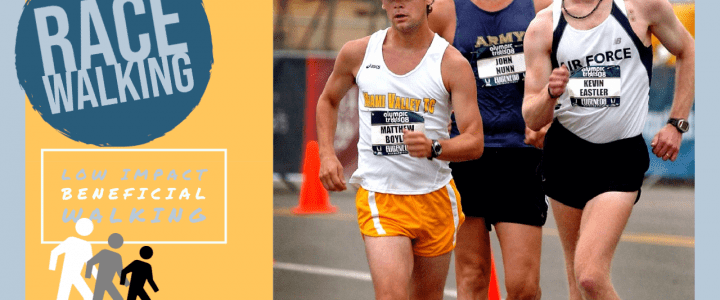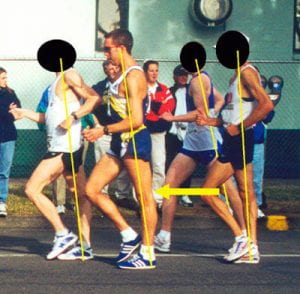No Olympics This Year?
According to https://www.cnet.com the Olympics may be postponed until 2021.
Large numbers of sports have been canceled due to the coronavirus. Like the NBA, Golf, and many more. But now the Olympics (supposed to be in Tokyo) might be pushed or canceled until 2021. While the Olympics have been canceled in the past because of world war I and world war II, they have never been postponed for another year.
On Sunday, the Canadia Paralympic Committee said that their team was not going to head to Tokyo and wanted to postpone the Olympics until the following year. Then the Australian Olympic Committee quickly agreed with them and are now preparing the team for next year. Numerous teams have now said that they aren’t going to participate in the Olympics, so even if they had the Olympics, it wouldn’t be much of a competition. Unless you consider a small number of teams a competition.
On Friday, the USA team (Swimming), and the national governing body for competitive swimming, sent a letter to the US Olympic and Paralympic Committee urging the group to postpone the Summer Games to 2021. The Olympics are huge. Both in number and how much money is put into the Olympics. More than 11,000 athletes from 206 nations had been hoping to compete in 339 events. Many thousands more were planning on helping to work in some of the games, from food vendors and souvenirs vendors to hotel clerks to trainers and coaches. Many thousands of people were possibly planning to attend the games. NBC had even been set to broadcast the games in the US, even offering a dedicated streaming Olympics package for those who wanted to know as much as possible, with no ads. And as evidence that everyone was excited, tickets were sold out last July, thousands were planning to attend. Whether they were coming across town or across the world.
In 1916, the Summer Games were canceled due to World War I. The 1940-1944 Summer and Winter Games were canceled due to World War II. (Japan was the county affected too — the 1940 Games were supposed to be in Tokyo and Sapporo). But there were Olympics afterward.
The next games after Tokyo are the 2022 Beijing Winter Games, followed by the 2024 Paris Summer Games, and then the 2026 Winter Games at Milan and Cortina, Italy.



 The fastest race walker
The fastest race walker